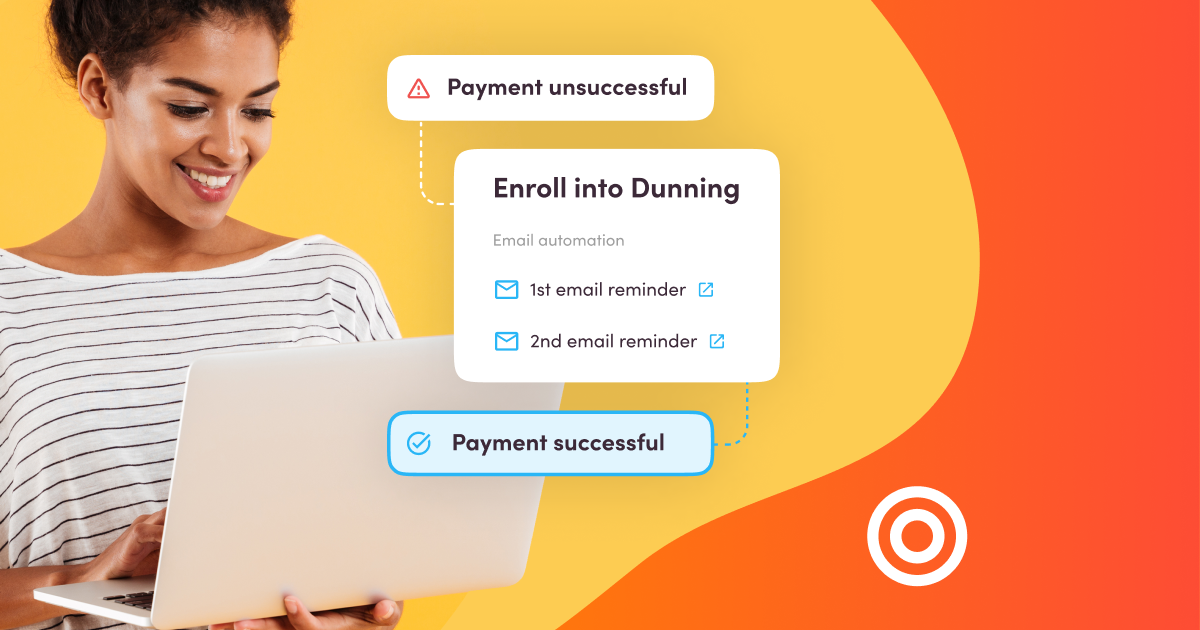Whether you are just starting as a personal trainer or you want to take your fitness business to the next level, you will find Carl Smith’s expert advice useful in getting your business in better shape.
Carl Smith has over 25 years of experience in the fitness industry, having worked for industry giants such as Fitness First and Xercise4Less where he had some remarkable accomplishments. He is also the founder of Concept Fitness Consultancy – a firm focused on providing tangible support to personal trainers with an emphasis on software solutions and equipment sourcing so you can meet your business’ goals.
In this webinar, Carl Smith talks about the future of personal training in the tech-dominated fitness industry.
Here are the key takeaways from the webinar:
1. What Will Personal Training Look After the Pandemic and in the Future?
One thing COVID-19 has made very clear is that being unfit increases the risk of illness and the severity of symptoms in case of illness. As a result, many people are now leaning towards fitness and are willing to engage a personal trainer to help them achieve their fitness goals.
Previously, personalized coaching was seen mainly as a privilege for celebrities. But these days, personal trainers are becoming viable options for a wider array of working-class people.
The personal training landscape shows promising trends because more people are aware that they need to be on their feet and exercise to stay fit. In other words, it is a good time to be a personal trainer. Now, what will set good personal trainers apart in the current consumer market is the ability to communicate and connect with their clients .
“In today’s society, successful personal trainers have the ability to communicate well. Not only do they want to help people, but they also have the ability to talk to people. That will make or break a personal trainer.” – Carl Smith
They also need to be able to invest in personal branding and use tools such as websites, digital communications, and social media to create an online presence. This will give them access to a broader audience and help them grow their business.
2. Will Consumer Expectations Be Different?
Doubtlessly, the traditional personal trainer has evolved from just fitness training and exercises to the overall health and well-being of the clients.
Fitness consumers need to feel understood, heard, and supported in their journey.
“I wouldn’t expect them (personal trainers) to be sending me an Excel spreadsheet. I wouldn’t expect them to be sending me a Word document with an exercise routine on it. I wouldn’t expect a social media post with about six exercises written down and a couple of reps and that’s my workout… I would expect that you’d have an app and I’d expect you to have a way of tracking my progress and that allows me to engage.” – Carl Smith
Hence, personal trainers need to be seen as champions of holistic wellness. This includes not only exercise but also nutrition guidance and personal care.
Also, today’s fitness consumers will expect personal trainers to embrace technology in their line of work. For instance, fitness apps help to track their clients’ progress, and digital workout calendars can motivate and prepare clients mentally. Remember, today’s consumers are tech-savvy, and more and more of them are using wearable tech in their daily lives.
Personal trainers need to learn, understand, and integrate this technology into fitness training to coach their clients effectively.
Read more: 7 Ways Personal Trainers Can Increase Client Motivation
3. How Important Is Personalization vs. Automation for Personal Trainers?
With the rapid increase in fitness technology and the convenience this advancement brings, personal trainers need to strike a balance. Fitness technology is not just a great tool for scalability and reaching more clients, but it is also for personalizing your personal training service.
“I think where I see the future of PTs is that you have tools that professionalize what you do, whether it’s a nutrition tracker, a way to push people workouts that is professional – and I don’t need to explain how to do it because there’s a little avatar… Absolutely, the future of PT is working with technology to make your service more slick.” – Carl Smith
Thanks to the huge success of fitness wearables, many people are sitting on a goldmine of data; diet, sleep patterns, personal care, amongst other things. Personal trainers need to find a way to use this massive pool of data to engage clients and create personalized workout programs to suit individual client needs.
You can get more insights into Carl Smith’s company and expertise by visiting his website or his YouTube page. You can also follow him on LinkedIn for more interactions.
Be sure to visit our podcast page, our webinar page, or our YouTube channel for other conversations with experts in the fitness industry and experienced personal trainers.
Take the first step towards digitizing your personal training business by getting a free demo of the Virtuagym software for personal trainers.



